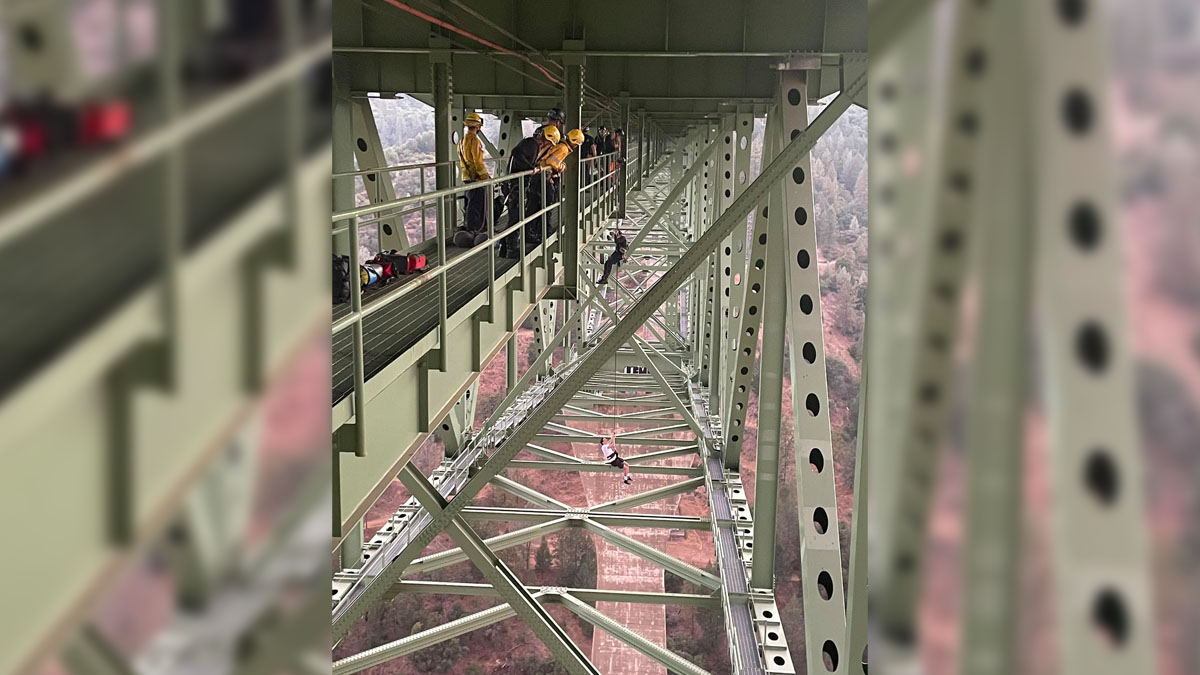Climate change is complicating home insurance for Californians as warming temperatures make wildfires, floods and other natural disasters more common. These complications have led insurance companies to leave California.
But a new deal struck by the state's insurance commissioner is encouraging those same insurers to return.
More California stories:
Insurance can be a dry topic. Paul Scalone, a San Diego agent, is used to it.
Get top local stories in San Diego delivered to you every morning. Sign up for NBC San Diego's News Headlines newsletter.
"People's eyes pretty much glaze over as soon as you say the 'I' word. This year, though, it's been very different. People have been reaching out, wanting to talk about insurance, discuss it, what's going on in the market,” Scalone said.
He’s increased business and networking, unlike other insurers like Allstate and State Farm that have either paused, restricted business or dropped homeowners from their policies altogether in California, citing inflation and increased natural disasters like wildfires.
“That’s what I think the carriers are really concerned about because they are working in the law of large numbers,” Scalone said.
Up until now, insurers could only price policies based on a property's past.
California Insurance Commissioner Ricardo Lara struck a deal with carriers, changing the rules and allowing them to price rates while considering the future as long as companies write more policies for homeowners in areas of risk.
“It should provide some relief to what we’ve been experiencing over the past 12 months or so,” Scalone said.
It is still unclear exactly how the future models will price out.
“What this looks like is insurance in California, like most other things, is going to continue to be expensive. However, I think having more carriers and more options creates a more competitive marketplace as long as everybody's playing nice in the sandbox and holding up their end of the bargain," Scalone said.
He hopes the commissioner, carriers and consumer advocacy groups collaborate on the best outcome for the consumer.
"The other side of that coin is, 'OK, well, if you're going to allow the insurance companies to model on projected cost of loss because of disasters, what does that model look like?' The insurance carriers are like, 'Well, we can't share that with you because it's industry trade secrets. It's going to erode our competitive ability,” Scalone said.



